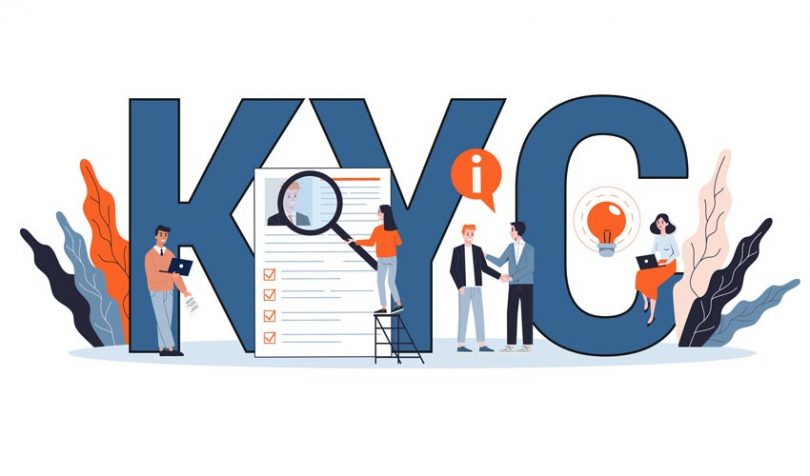Know Your Customer in banking
What is KYC? What is eKYC? Why has KYC become the standard in the banking and finance industry? Join us to find out.
What is KYC?
KYC means Know Your Customer and sometimes Know Your Client. KYC or KYC check is the mandatory process of identifying and verifying the identity of the client when opening an account and periodically over time. In other words, banks must make sure that their clients are genuinely who they claim to be. Banks may refuse to open an account or halt business relationship if the client fails to meet minimum KYC requirements.
Why is the KYC process important?
KYC procedures defined by banks involve all the necessary actions to make sure their customers are real, assess, and monitor risks.
These processes help prevent and identify money laundering, terrorism financing, and other illegal corruption schemes. KYC process includes ID card verification, face verification, document verification such as utility bills as proof of address, and biometric verification.
Banks must comply with KYC regulations and anti-money laundering regulations to limit fraud. KYC compliance responsibility rests with the banks. In case of failure to comply, heavy penalties can be applied.
In the U.S., Europe, the Middle East, and the Asia Pacific, a cumulated USD26 billion in fines has been levied for non-compliance with AML, KYC, and sanctions-fines the past ten years (2008-2018) – let alone the reputational damage done and not measured.
What is eKYC?
In India, Electronic Know Your Customer or Electronic Know your Client or eKYC is a process wherein the customer’s identity and address are verified electronically through Aadhaar authentication. Aadhaar is India’s national biometric eID scheme.
eKYC also refers to capturing information from IDs (OCR mode), the extraction of digital data from government-issued smart IDs (with a chip) with a physical presence, or the use of certified digital identities and facial recognition for online identity verification.
How does the KYC process work?
The KYC process includes ID card verification, facial verification, document verification such as utility invoice as proof of address or personal income, and biometric verification. Banks must comply with KYC regulations and anti-money laundering regulations to limit fraud. Responsibility for KYC compliance rests with banks. In the event of non-compliance, severe penalties may apply.



